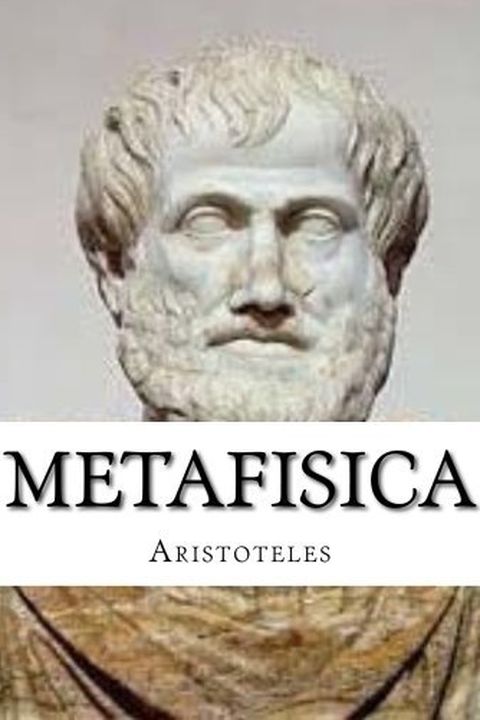
Metafisica
Metafisica de Aristoteles
Aristotle
"All men by nature are actuated with the desire of knowledge," declared Aristotle. The philosopher's works are foundational to the history of science, and his treatise on metaphysics, or "first philosophy," is divided into sections on previous philosophical thought and theories; a refutation of skepticism; a demonstration of God's existence; an examination of the relation of metaphysics to the other sciences; an elucidation of the nature of the infinite; and other major philosophical issues.
The central theme consists of an inquiry into how substance may be defined as a category of being. Aristotle defines substance as ultimate reality, since substance belongs to no other category of being, and because substance serves as the basis for every other category of being. The philosopher also defines substance as an underlying reality, or as the substratum of all existing things. He describes substance as both formal and material reality, and he discusses the relation between potentiality and actuality. An excellent example of Aristotle's dialectical method, which reasons from reliable opinions rather than known truths, this work offers a fine introduction to classical metaphysics.
Fecha de publicación
1999-03-01T00:00:00.000Z
1999-03-01T00:00:00.000Z
publicado por primera vez en -330
Calificación de Goodreads
4.07
ISBN
9781624664397
Categorías
Recomendaciones
1
Recomendaciones
2021-02-20T12:50:02.000Z
Meticulous reading and re-reading of key philosophy books
Some:
Upanishads
World as Will and Representation
Hero With a Thousand Faces
Freedom from the Known
Sleeping, Dreaming, and Dying
No death, No Fear
Living Life Backwards
Tao Te Ching
Metaphysics (Aristotle) – fuente